New Green Overseas will end its export season of Dutch bell peppers to Japan next week. Last year, high air freight rates caused minimal exports; this year, that restriction came from a different angle. "In September, there were hardly any bell peppers available, and they were very expensive, so we struggled to supply customers," says Pat Dekker.
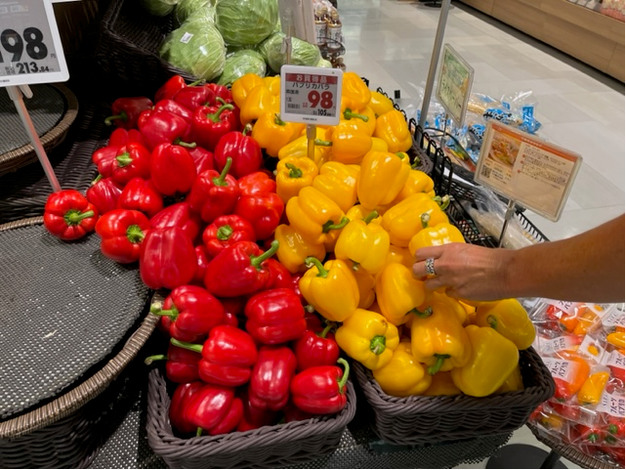
Bell peppers in a Japanese store.
"This export season was, however, better than last year. Then, air freight rates were so high that Japanese supermarkets could offer a few Dutch bell peppers. Air freight rates dropped faster than expected this year, so we could offer the bell peppers at reasonable prices. Only this year, the exchange rate was slightly more disappointing." New Green Overseas supplies Japanese importers, who in turn supply supermarkets and wholesale markets with Dutch bell peppers.
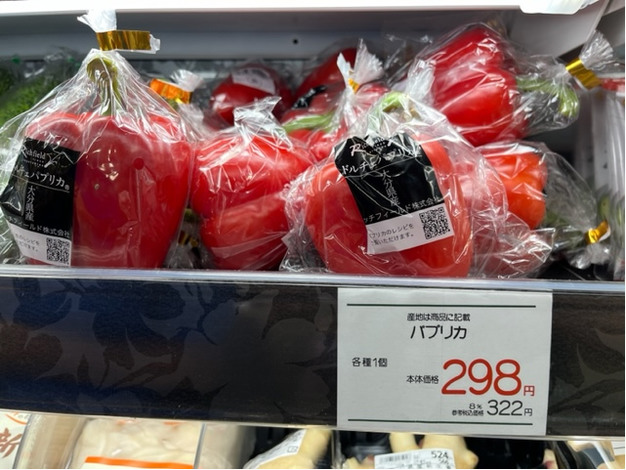
"We'd hoped for a good October, but September's limited availability and high prices drove most clients to switch to other countries of origin. Japan and South Korea are also increasingly growing bell peppers in the summer. And Japan imports them from New Zealand and - due to the Dutch product's tight availability - this year, also from Canada," Pat explains.
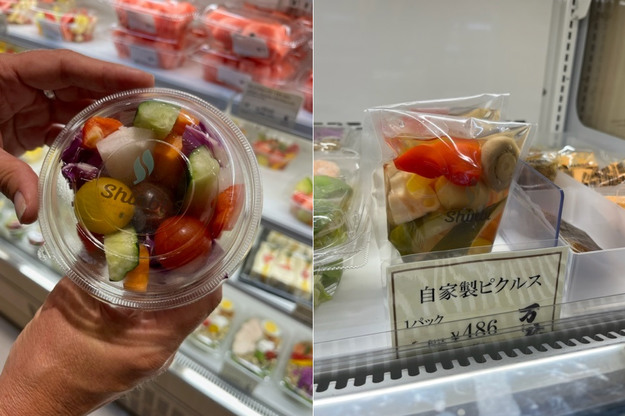
According to Pat, sourcing enough bell peppers in the Netherlands that meet export certification criteria to Japan is getting harder. "There's more insect pressure, and you can't use several agents on export products to Japan. A number of large growers and grower associations have, thus, stopped Japanese certification. Since they may not use certain pesticides, we couldn't export orange bell peppers this year. Yellow is a difficult color, anyway, so most of this year's exports consisted of red bell peppers."
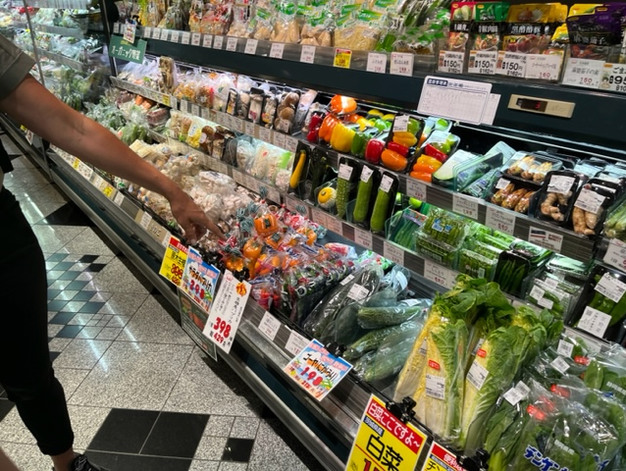
Packs of half bell peppers, so the different colors can still be offered at lower prices.
"Exports are generally becoming increasingly tricky. The same applies to tomato exports to Japan, which have sharply declined, too. There used to be cherry plum tomatoes programs, but those were cut to a minimum in recent years due to the high air freight rates. Also, this year's availability wasn't great. That will be the biggest challenge to continue supplying the Japanese market in the coming years," Pat concludes.
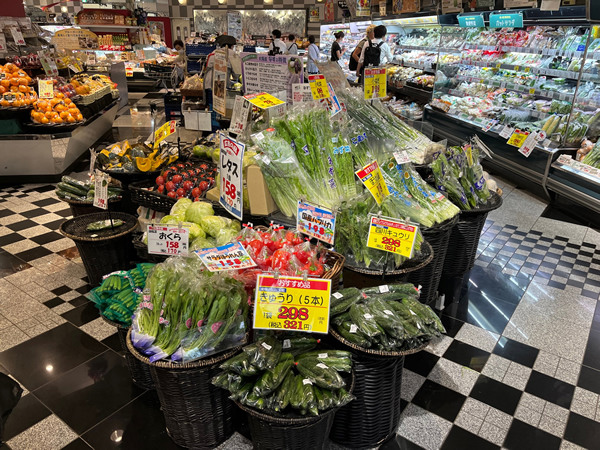
 For more information:
For more information:
Pat Dekker
New Green Overseas
Tel: +31 (0) 228 753 753
Email: overseas@new-green.nl
www.new-green.nl
